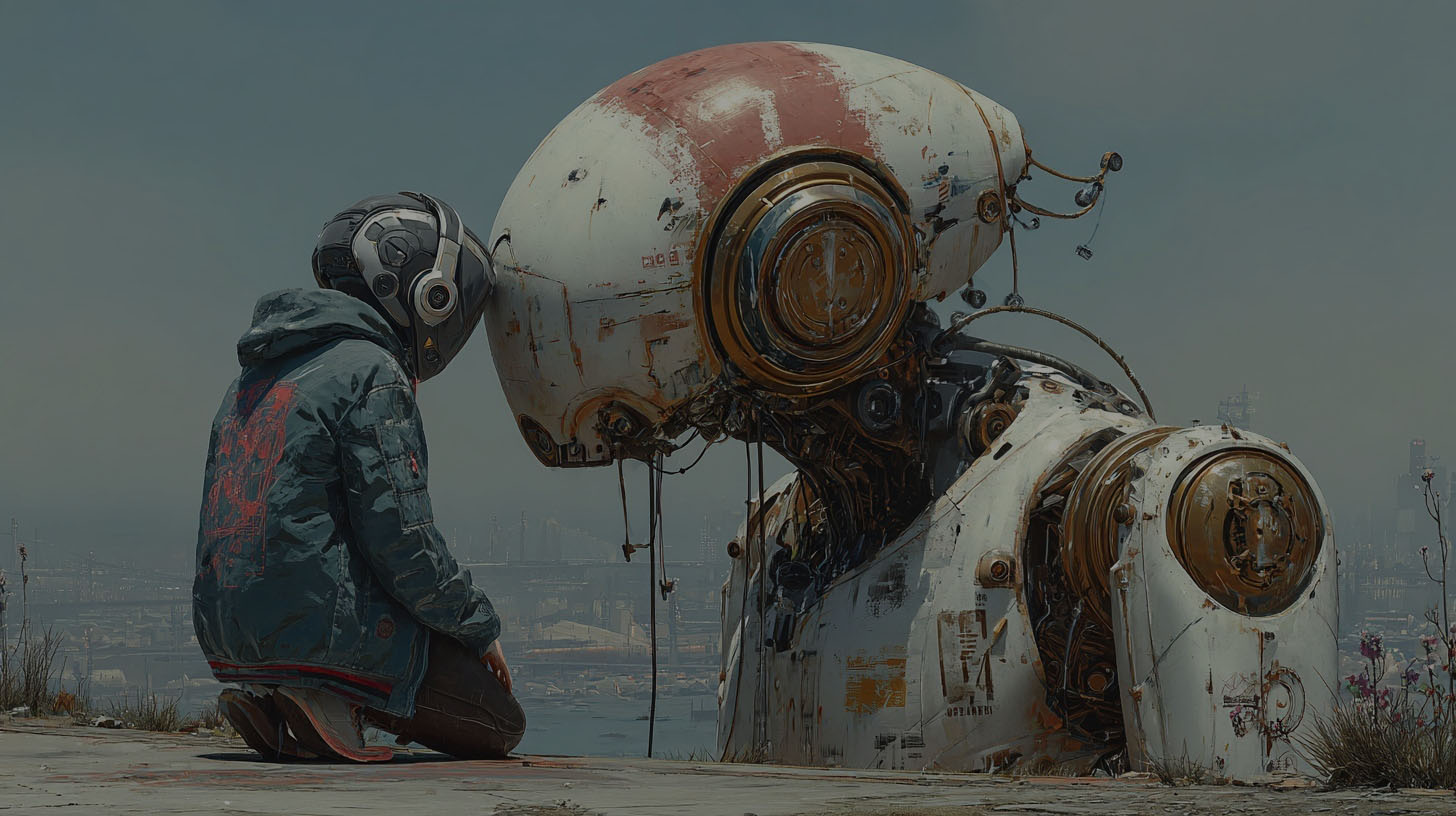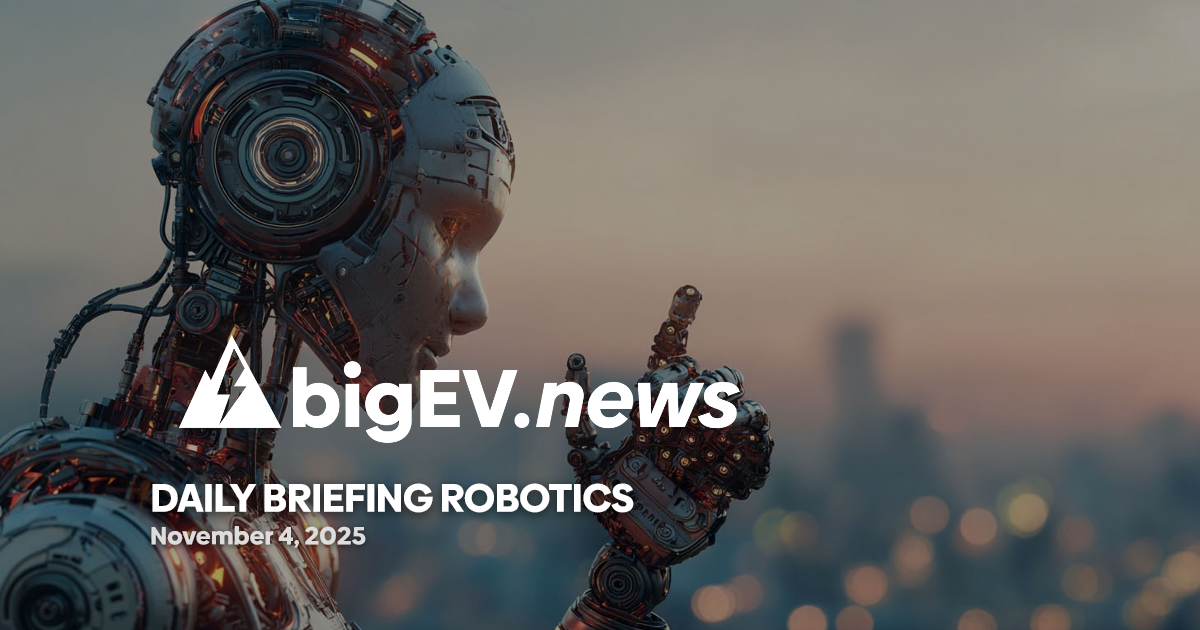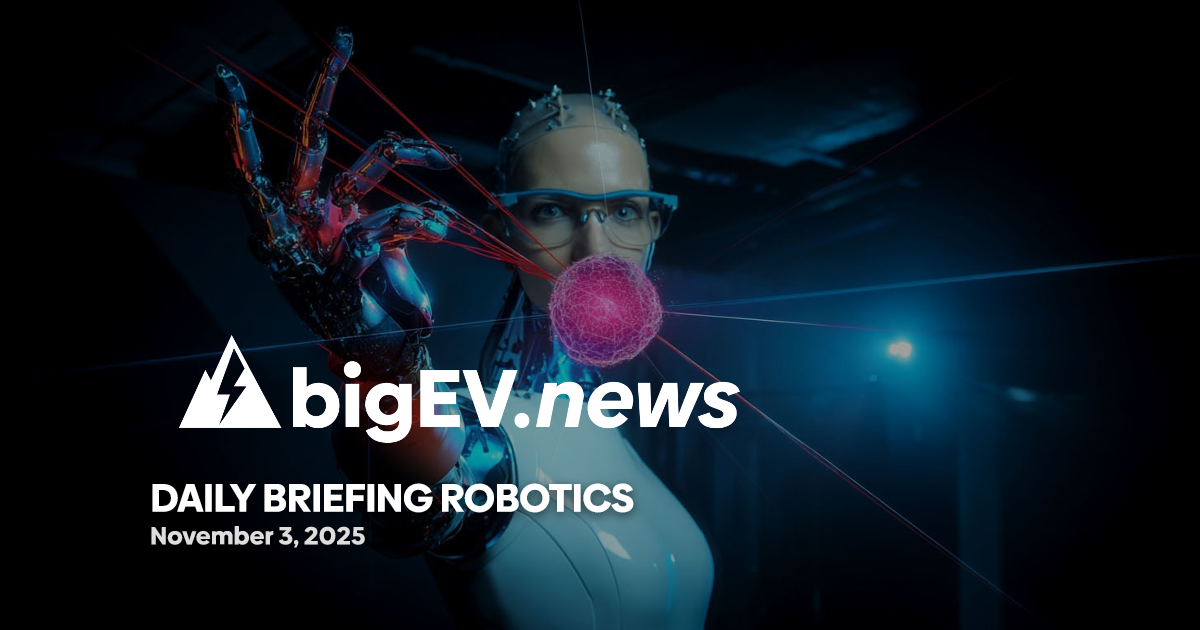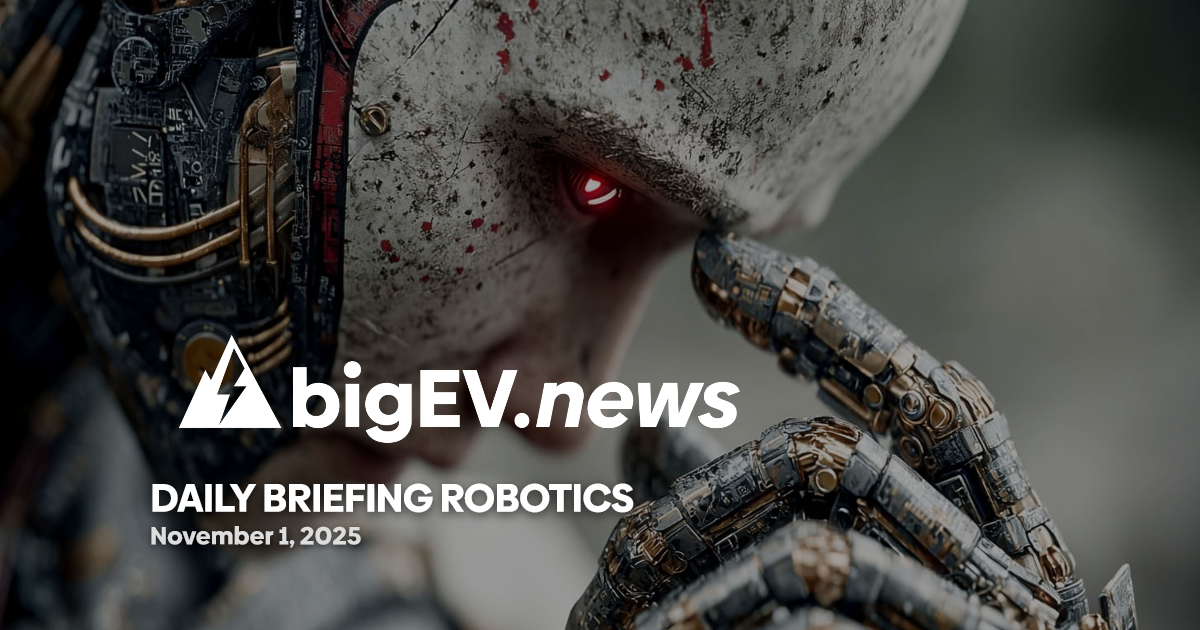AI-driven robotics platforms are transforming manufacturing, healthcare, logistics, and infrastructure, with new funding, partnerships, and regulatory shifts accelerating adoption worldwide.
At a glance – The past 24 hours have seen a surge in robotics and automation news, with collaborative robots (cobots) and AI-powered autonomous systems taking center stage across manufacturing, healthcare, and logistics. Industry analysts highlight the rapid adoption of embodied AI, where robots not only execute tasks but also perceive and adapt to their environments, enabling more intuitive human-machine collaboration. The global market for industrial robot installations has reached a record $16.5 billion, driven by demand for flexible automation and the integration of advanced AI for perception, learning, and decision-making. This momentum is further fueled by the rollout of plug-and-produce solutions, which allow businesses of all sizes to deploy automation with minimal integration time, and by the growing presence of robots in public environments, from hospitals to disaster response operations.
Technology advance – In a major leap for edge robotics and cloud-robotics integration, NVIDIA today unveiled its new Jetson Orion platform, designed to power next-generation autonomous mobile robots (AMRs) and service robots with real-time AI inference at the edge. Jetson Orion combines a custom ARM-based SoC with a dedicated AI accelerator, enabling robots to process high-resolution vision, natural language, and sensor data locally while seamlessly syncing with cloud-based learning models. Early adopters include logistics giant DHL, which is piloting Orion-powered AMRs for dynamic warehouse navigation and object recognition, and Medtronic, which is integrating the platform into surgical robotics for enhanced intraoperative guidance. This marks a significant step toward distributed intelligence in robotics, reducing latency and bandwidth requirements while improving safety and autonomy in mission-critical applications.
Partnerships – In a landmark collaboration, John Deere and Boston Dynamics announced a multi-year alliance to develop autonomous agricultural robots capable of precision crop monitoring and selective harvesting. The partnership will leverage Boston Dynamics’ Spot platform, outfitted with advanced AI vision and manipulation systems, to autonomously navigate complex farm environments and perform delicate tasks such as fruit picking and disease detection. John Deere CEO John May emphasized that this initiative aims to address labor shortages and sustainability challenges in agriculture, while Boston Dynamics CTO Aaron Saunders highlighted the potential for rapid iteration through cloud-based simulation and remote fleet management. The alliance is expected to accelerate the commercialization of AI-powered service robotics in agriculture, with pilot deployments slated for California and Brazil in early 2026.
Acquisitions/expansions – In a move signaling consolidation in the robotics sector, Siemens AG announced the $1.2 billion acquisition of Swiss startup Sevensense Robotics, a leader in AI-powered navigation and mapping for autonomous vehicles and drones. Sevensense’s proprietary Visual SLAM (Simultaneous Localization and Mapping) technology enables real-time 3D mapping and localization in dynamic, GPS-denied environments, making it a critical enabler for last-mile delivery robots, warehouse AGVs, and unmanned aerial vehicles. Siemens plans to integrate Sevensense’s software stack into its Digital Industries portfolio, offering end-to-end automation solutions for logistics, manufacturing, and smart cities. The deal is expected to close by year-end, with Sevensense’s Zurich team forming the nucleus of Siemens’ new Robotics AI Center of Excellence.
Regulatory/policy – The European Commission today published its long-awaited guidelines for the safe deployment of collaborative robots and AI-powered automation in public and industrial settings. The new framework, effective January 2026, mandates real-time safety monitoring, transparent decision-logging, and robust cybersecurity protocols for all autonomous systems operating in proximity to humans. It also introduces requirements for explainable AI in robotics, ensuring that operators can understand and override automated decisions when necessary. Industry groups such as the International Federation of Robotics welcomed the guidelines, noting that they provide much-needed clarity for manufacturers and end-users while balancing innovation with public safety. Legal experts expect the new rules to set a global benchmark, influencing regulatory approaches in North America and Asia-Pacific.
Finance/business – Venture investment in robotics and AI automation continues to accelerate, with US-based startup Covariant closing a $150 million Series D round led by Tiger Global and Temasek. Covariant specializes in AI-driven robotic picking and sorting systems for e-commerce fulfillment centers, leveraging deep reinforcement learning and vision-based manipulation. The company reports that its systems have now processed over 500 million items across 12 countries, with major clients including Walmart and Alibaba. CEO Peter Chen stated that the new funding will fuel expansion into grocery logistics and reverse supply chain automation, as well as the development of next-generation robots capable of handling deformable and irregular objects. Analysts note that this round underscores investor confidence in AI-powered robotics as a key driver of productivity and resilience in global supply chains, particularly amid ongoing labor shortages and rising consumer demand for rapid fulfillment.
Sources: computar, standardbots, wiredworkers, ifr.org, nvidia.com, siemens.com, european-commission.europa.eu, covariant.ai









